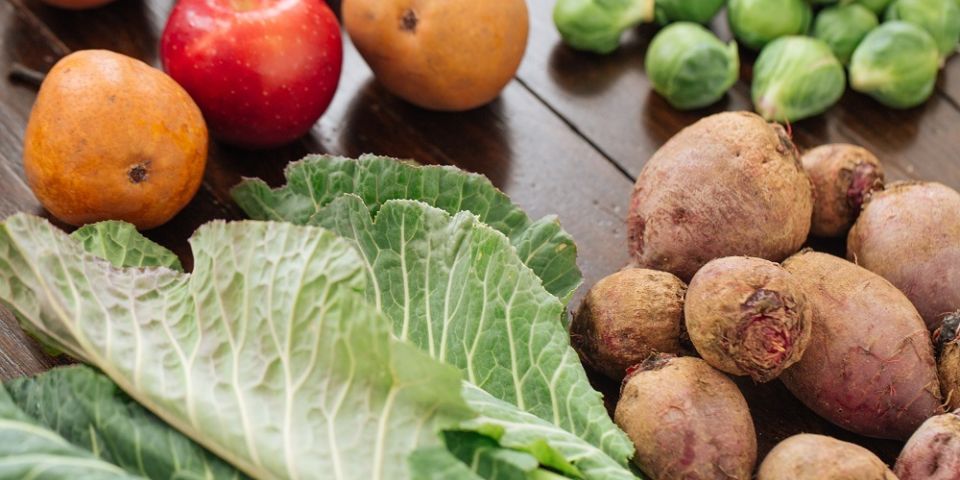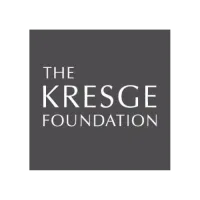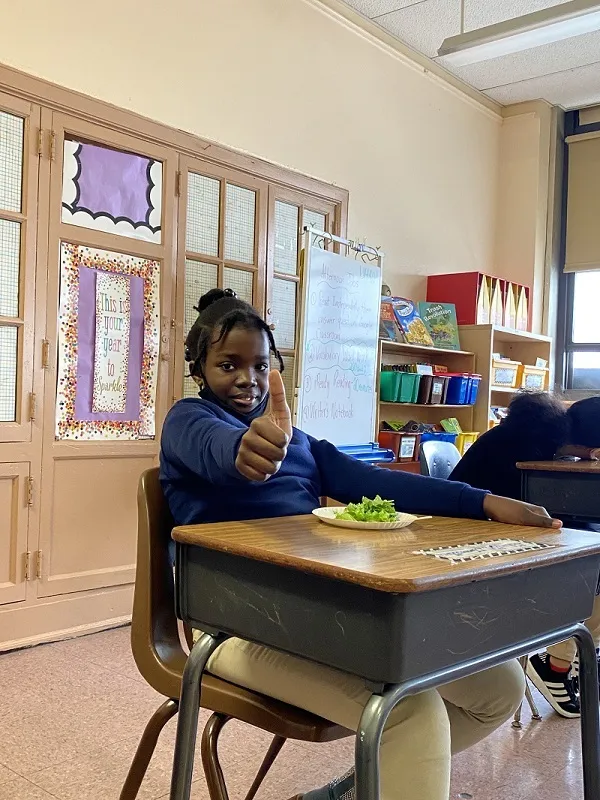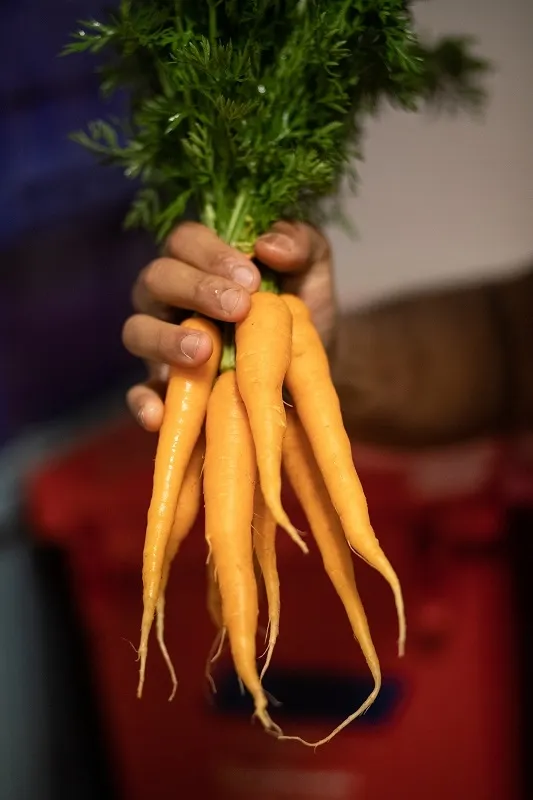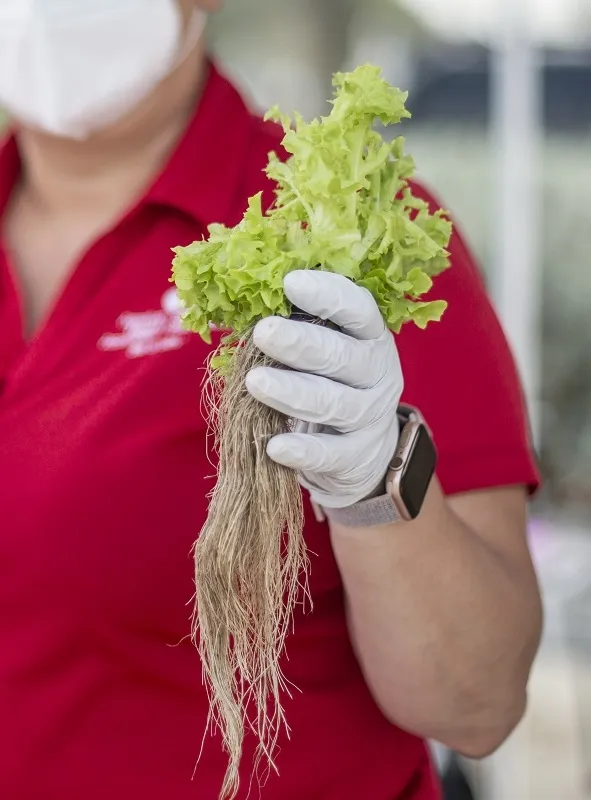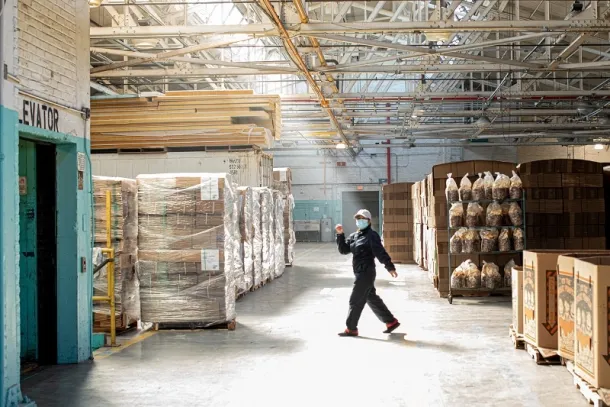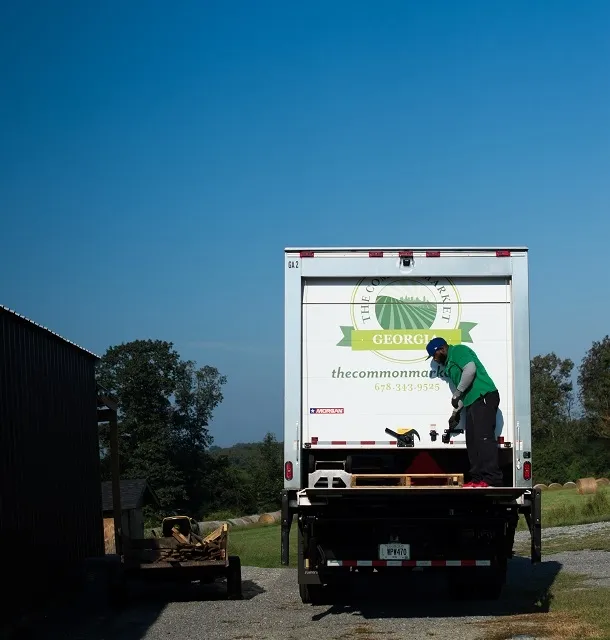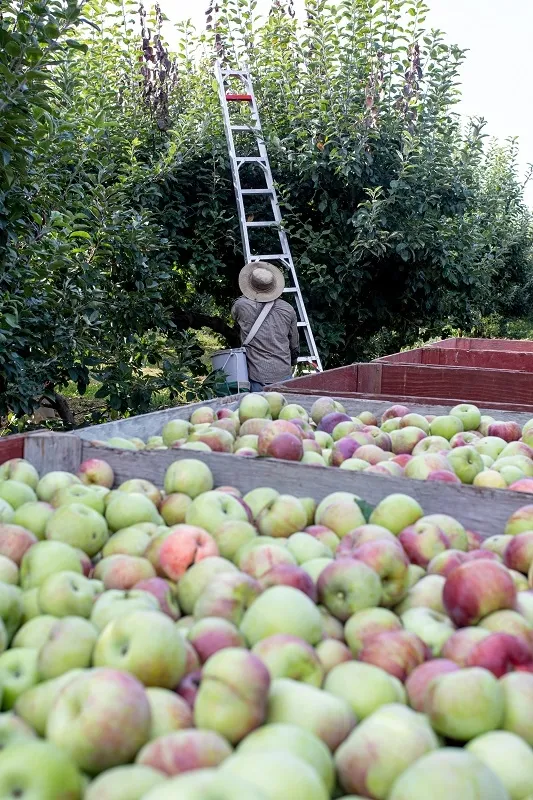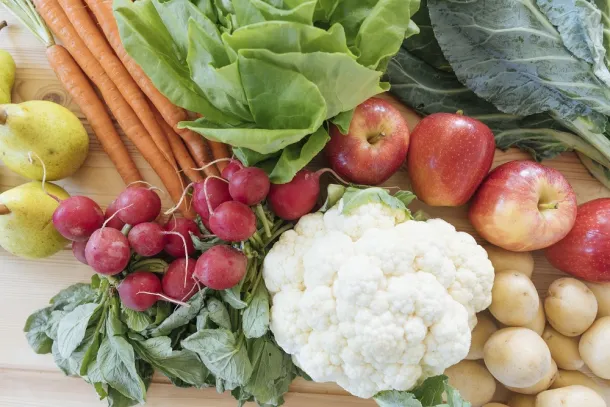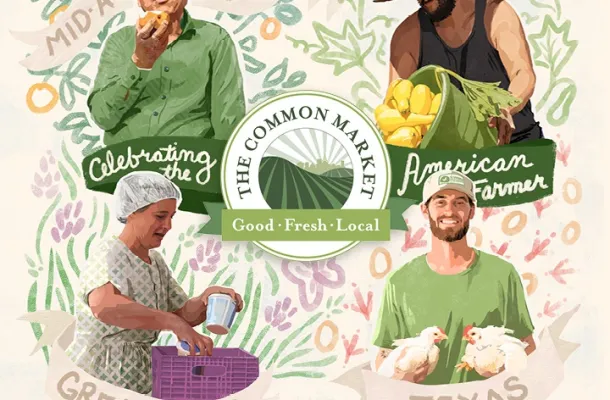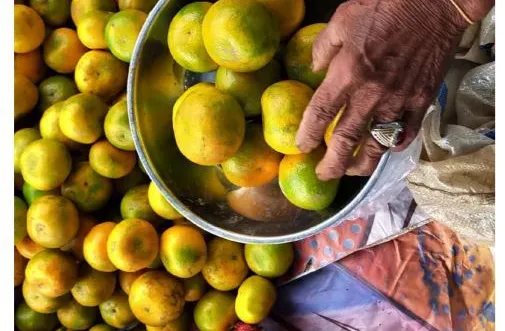“The Georgia ACRE Collective” funded by The Rockefeller Foundation (Atlanta, GA; $1.7M over three years) - This Georgia-based initiative centers on garnering purchasing commitments from Atlanta-area anchor institutions, while shifting procurement to producers that share the institutions’ values. The purchasing power of these Atlanta institutions creates economic opportunity for sustainably grown food produced by Black farmers, women farmers and others historically excluded from wholesale markets.
“The Chicago launch” funded by Builders Vision (Chicago, IL; $456,000 for 1 year) - The Common Market Great Lakes, based in Chicago, will formally “launch” in summer 2023 in partnership with stakeholders working to improve the foodshed’s underserved communities. The work and investment in the region strengthens existing networks of mid-size agriculture, and creates opportunities for underrepresented growers that desire to participate in institutional markets. The launch of our newest chapter gives us the ability to develop strong partnerships with regional institutions and expand their ability and confidence in values-based procurement. The funding support also translates to the development of aggregation nodes in other parts of the region; and the increase in availability of year-round, regionally-produced, and minimally-processed foods for Chicagoland communities.
“The Direct Loan Fund” funded by the Kresge Foundation (All regions; $750,000 over 3 years) Managing cash flow is a constant struggle for farmers, made even more difficult by the limited and expensive financial products that presently address working capital needs. Many of our small and medium-sized growers, especially those who have been historically excluded from funding opportunities, cannot get lines of credit and factoring to address the cash flow gap. As a result, they miss opportunities to innovate, bring in reliable income, and build wealth. Our Direct Loan Fund provides low-burden, non-extractive capital to finance the building blocks of a good food ecosystem. This fund invests in working capital loans to our farm partners—facilitating their ability to grow profitably and increase the supply of healthy local food for our communities.
“Diverse supply chain development in Texas” funded by The Texas Department of Agriculture (Texas; $5.2M over two years) This program represents an 18-month, multi-million dollar sourcing commitment to procure from socially disadvantaged farmers in Texas. Funded through the USDA’s Local Food Purchase Assistance Cooperative Agreement (LFPA), our partnership with the Texas Department of Agriculture creates sustained market demand for food grown by Black farmers, farmers of color, women farmers and Veteran farmers. The long-term commitment enables crop planning with growers and long-term POs that eliminate some of the risk of production experienced by many of our farmers.
